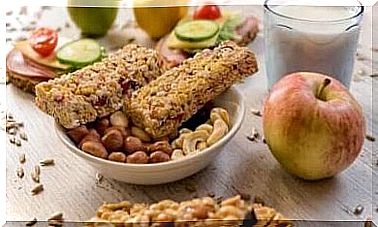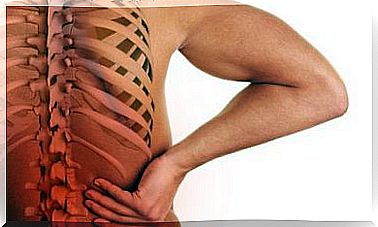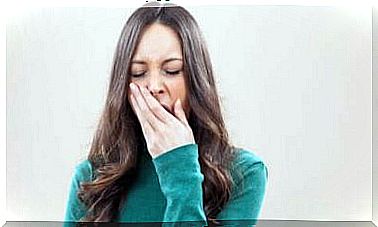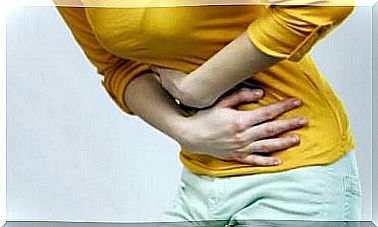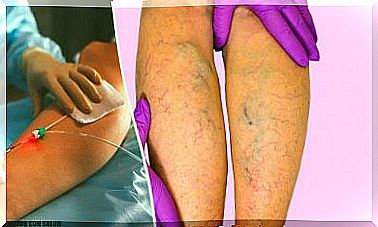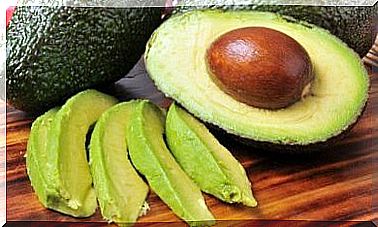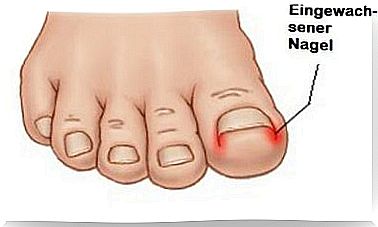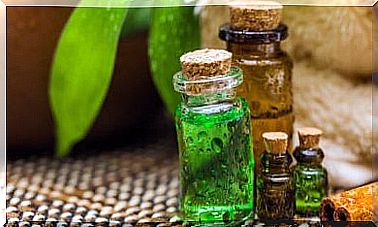Appendicitis: What Is It And Why Does It Occur?
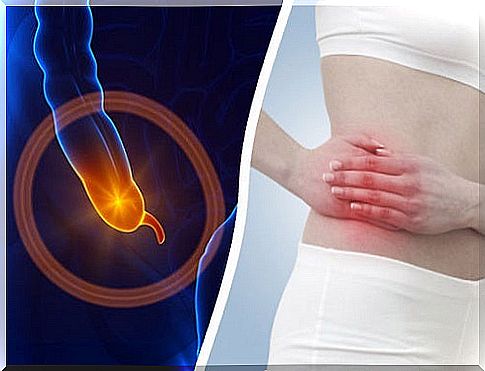
The appendicitis popularly known as appendicitis occurs quite frequently in all age groups. Appendicitis: what is it?
In the majority of cases, surgical intervention is performed, the inflamed appendix of the appendix, which is in turn located at the transition from the small intestine to the large intestine, is removed.
In this article you will learn more about appendicitis: what exactly is meant by it, why the appendix becomes infected, etc.
The appendix: does it have a function?
Many people believe they know that the appendix has no function whatsoever and that this is one of the reasons why doctors decide to remove it surgically so quickly.
In fact, this small organ performs various tasks related to our immune system, but it is not essential for the body.
It is part of an organism that is in balance and functioning well, which is why its importance should not be underestimated. As the saying goes: “He’s there for something.”
The appendix becomes inflamed for reasons not yet known in detail, and the patient then develops appendicitis, an inflammation of the appendix.
Sometimes it is said that improper diet, stress and high blood pressure are possible causes. However, none of these triggers have been scientifically proven, and they are especially questioned when it comes to affecting young children.
The disease is dangerous because if not treated in time, it can lead to rupture of the appendix.
Such a breakthrough results in the leakage of intestinal contents into the abdomen, whereby all the bacteria and toxins contained therein can be distributed in the abdomen.
The result is peritonitis, an inflammation of the peritoneum – a serious disease that can lead to the death of the patient.
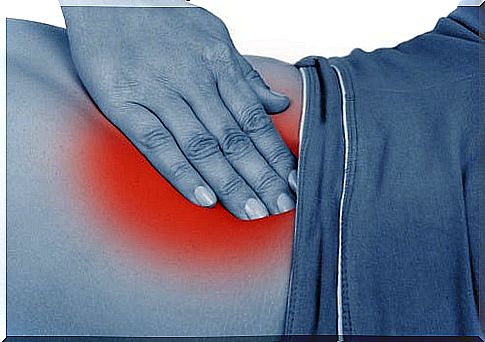
In addition, when a woman develops peritonitis, the ovaries and fallopian tubes can become inflamed. When the fallopian tubes are no longer patency, infertility is a likely consequence.
Appendicitis: What Are the Symptoms?
There are a number of characteristic symptoms, but they can also occur in the context of other diseases. Great attention is therefore required to avoid misdiagnosis and aggravation of appendicitis.
Not all patients have the same symptoms, and rarely do all symptoms appear at the same time. The most common complaints include:
- Nausea and vomiting
- Sudden, severe pain in the lower right part of the abdomen
- Sudden, severe pain in the area of the belly button
- Increased sensitivity to pressure in the affected abdominal area, the pain on pressure worsens after pulling away the hand or fingers
- Body temperature between 37.5 and 38 ° C
In the case of appendicitis, the fever continues to rise, the pain becomes increasingly generalized and can cause shock.
It is not always easy to clearly identify the symptoms of appendicitis because they are similar to those associated with a cold or liver problems.
Conversely, cases are also known in which an inflammation of the appendix was diagnosed and an operation was initiated, but in which the patient was not affected by appendicitis.
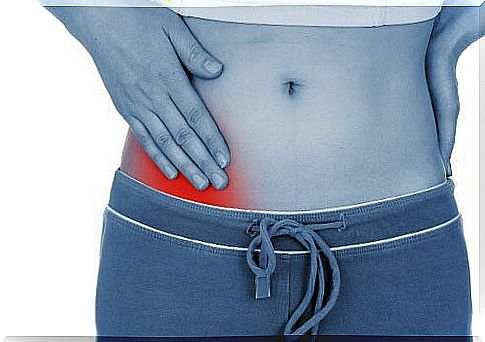
Recommendations to avoid appendicitis
If we assume that an unhealthy diet and emotional problems can contribute to appendicitis, then maybe we should change a few habits.
This does not guarantee that we will never get a perforated bowel, but we can at least reduce the risk.
Chill out
Emotional relaxation is just as important as physical rest and should be aimed for on a regular basis.
Fears, stress and worries have a negative impact on health. Try to avoid hectic situations, be less worried and upset, avoid dissatisfaction, and not look fearfully into the future.
Take the time to do things that bring you joy and that are “balm for your soul”. You can read a book, take an occasional nap, play with your kids, or take a walk in the park.
A healthy (intestinal) diet

In order to feel good, a balanced diet is essential; this affects you as well as your intestines and is even more important to avoid appendicitis.
The intestines prefer large amounts of food in small portions, not just two meals a day. Reduce the amount of animal fat, sausage, dairy products, sugar and refined flours in your diet.
All of these products lead to increased accumulation of toxins and therefore intestinal problems. Instead, resort to whole grains, fruits, vegetables, legumes, and dried fruits.
move
Exercise two or three times a week to relieve tension and enjoy life. Obligations and problems must be allowed to be forgotten.
It also makes it easier to maintain your ideal weight and escape the daily routine in front of the computer. Go for a walk, bike, run, swim or dance, jump up and down … whatever you enjoy, but keep moving.
What happens after the operation?
If you’ve had an operation for appendicitis or peritonitis, it’s important to pay special attention to your diet and body for a period of time.
In mild cases you will have to stay in the hospital for 2 to 6 days, in more severe cases you may have to stay in the hospital for several weeks.
A healthy, quality nutrition is now crucial. It helps to keep your colon clean and as free of toxins as possible. For the first three months after surgery, avoid the following foods:
Sugar or white flour
Refined products are generally not good for your health and should definitely be avoided after an operation. They produce large amounts of toxins that accumulate in the colon and pave the way for pathogenic germs.
Fast food
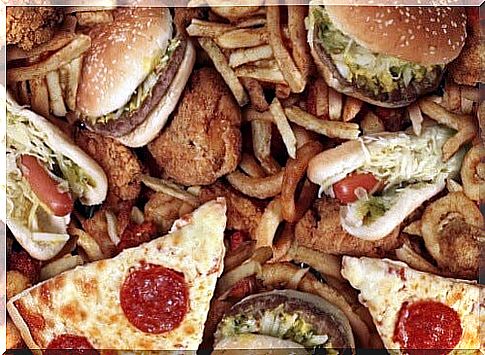
This includes all fried and heavily processed foods and sausages. The fats contained in it literally stick to the intestinal wall and also accumulate in the blood.
Animal products
A vegetarian diet for a few months is not so bad: Eliminate dairy and egg products as well as red meat from your menu. These products can contain harmful substances that are deposited in the intestines.
However, a complete switch to a vegan diet is only recommended after consulting a nutritionist, as your body has an increased need for nutrients during your recovery phase.
Other foods to avoid:
- Alcoholic drinks
- coffee
- tea
- chocolate
- Hot sauces
- Strong spices
Always keep in mind that you are a little more sensitive at the moment and that one or the other food can particularly bother you. Do not make any effort, avoid stress, get plenty of rest, and take easy walks. This is the fastest way to recover.

